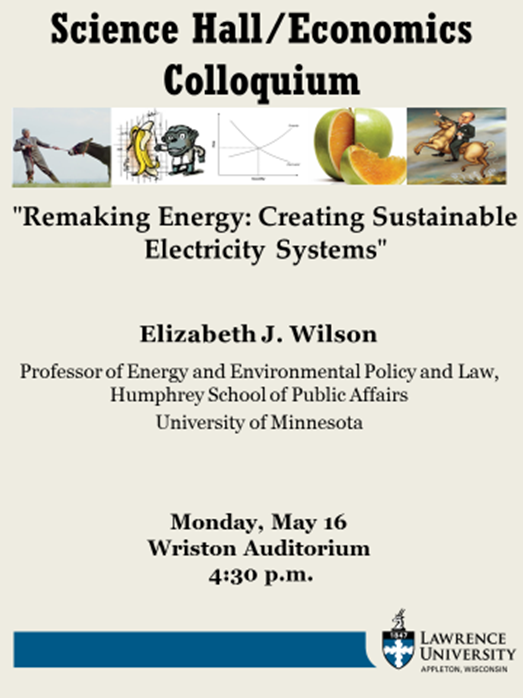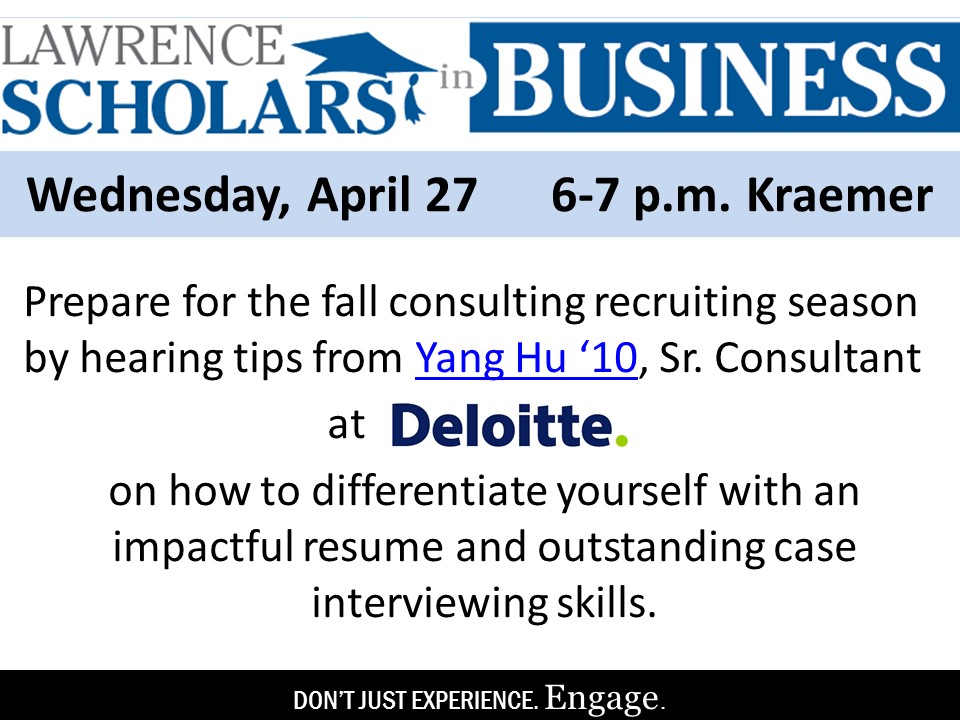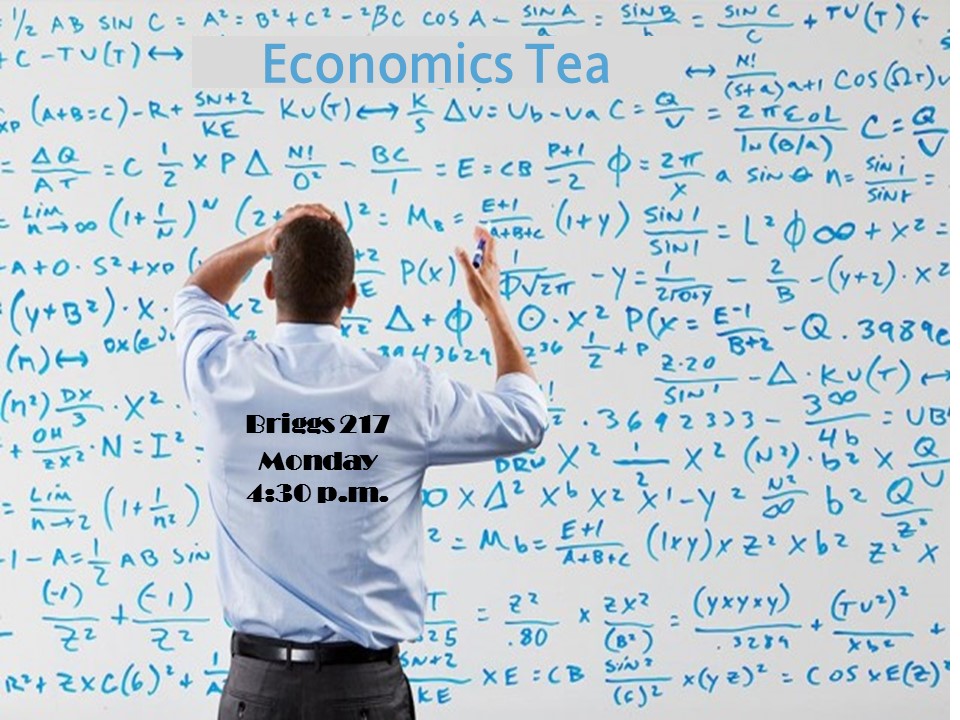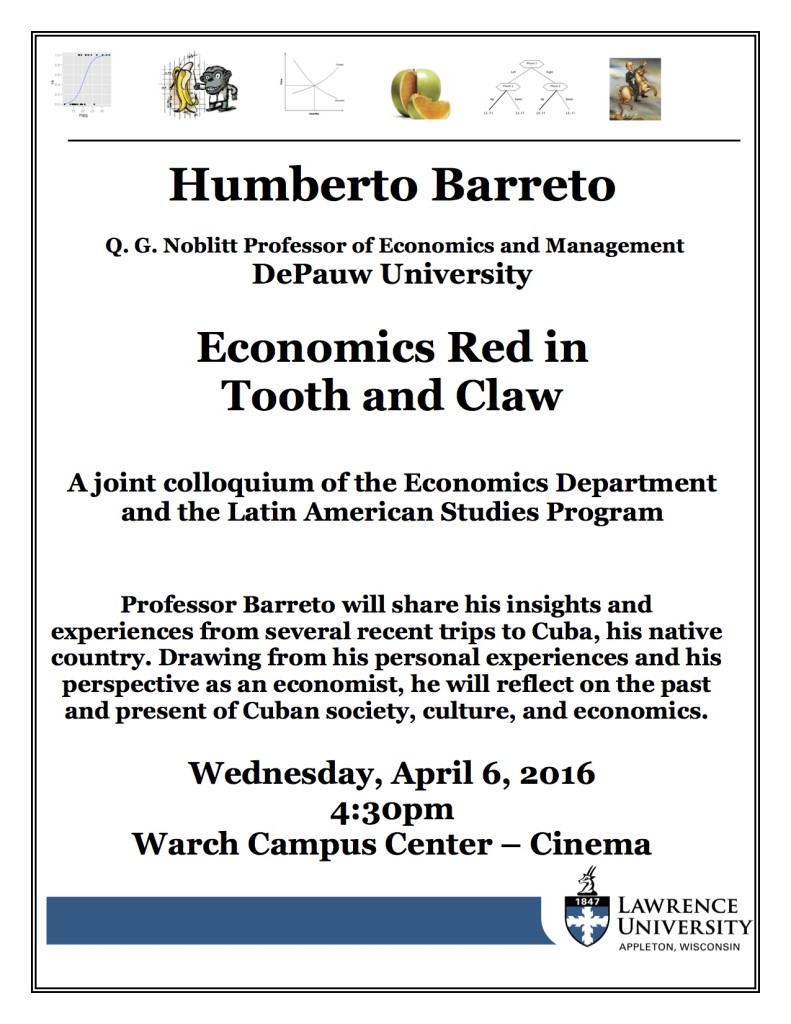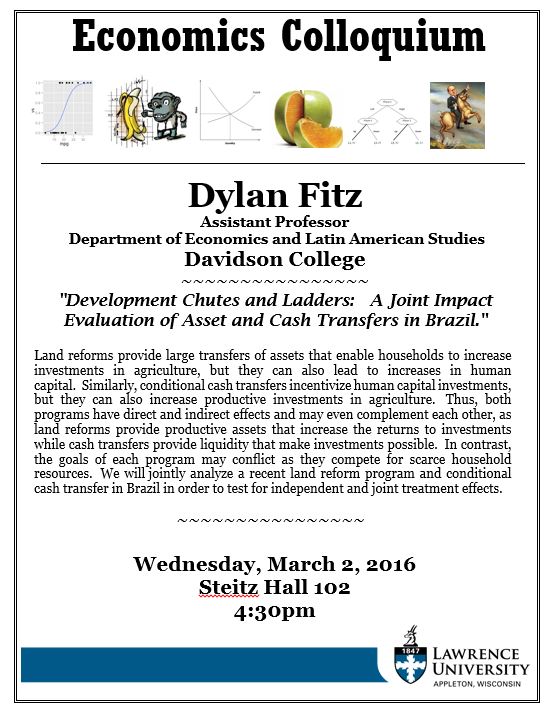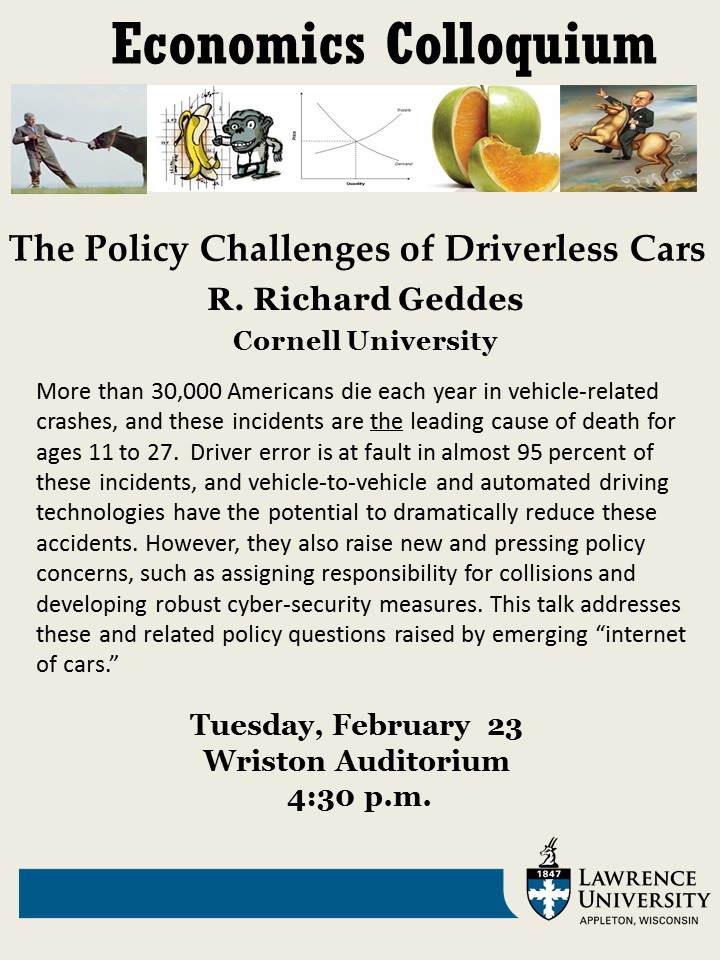Event: Economics Senior Experience Series Talk
Date: Tuesday, March 10th, at 4:30pm
Location: Wriston Auditorium
Speaker: Dean Yang. Professor of Economics & Public Policy at the University of Michigan.
Title: Abundance from Abroad: International Migration and the Developing World.
Description: What impact does international migration have on development of migrants’ home areas? Does migration promote economic growth at home? Or does it instead suppress growth and entrepreneurship in origin areas by increasing reliance on migrant remittances? We will explore what the latest research says about how international migration affects development in the world’s poor countries, and discuss some surprising new findings about new development paths that are opened up by international migration.


